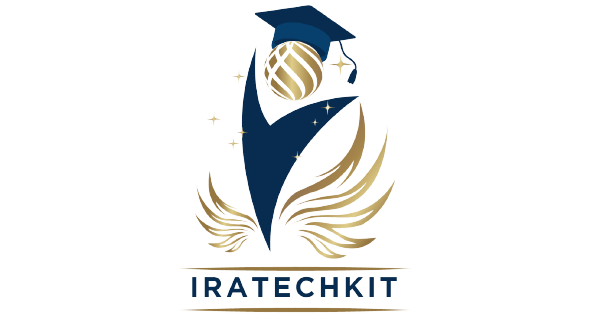Contact Us
Project Management
Project: A temporary endeavour to create a unique product, service or result with a planned start date and completion date. It can be a stand – alone or be part of a program or portfolio
Project Manager: Individual identified and assigned by project management team (PMO – Project Management Office) to lead the project team for achieving the project goals / objectives.
Project Management: Application of knowledge, skills, tools and techniques for various project tasks / activities to meet the project expectations / intended outcomes
Project Team: A team of individuals performing the project work to achieve project goals / objectives
Project Management Life-cycle

Key Definitions
- Portfolio: Are Projects, Programs, Subsidiary Portfolios and Operations managed as a group to achieve strategic objectives. Portfolios provide evaluations on portfolio performance
- Product Management: It involves the integration of people, data, processes and business systems to create, maintain and develop a product or service throughout its life cycle (Introduction, Growth, Maturity and to Retirement)
Any product effort should be aimed at generating a business benefit. And any successful product effort is driven by a business need. Successful products have been never isolated from the business. Thus, product teams need to always understand and remember about the true WHY.

Product Management identifies ways Portfolios, Programs, Projects and Products relate. Any of the Projects or Programs could include Products
Program Management
We know that each program consists of a number of related projects and the success of the program is dependent on the success of its projects. Managing a program involves a series of transformation phases wherein each phase permits the program to move to the next phase until it reaches the closure state.
The Program lifecycle predominantly resembles the project management lifecycle. The fundamental difference is that while program management aims at dealing with results and gains and its value to the organization, project management aims at delivering products on time and obtaining customer satisfaction.
The life of a program officially begins when the funding is approved for a program or a program manager is appointed. This typically happens during the formulation phase. Every program goes through three major phases, viz. program definition, benefits delivery, and closure.
Program Manager
A program manager’s role is to orchestrate the activities of the program and its various components through its various life cycle stages. It is important to understand the life cycle phases and typical activities that happen during the life cycle because this has a bearing on hat exactly a program manager will do in that phase.
There are five dominant phases that determine the successful tenure of a program. They are:
- Conceptualization Phase
- Set up Phase
- Construction Phase – Building Program Management and Technical Infrastructure Teams
- Implementation Phase
- Closure Phase
Product Team
Product team should have:
- Roles, Functions or Authority
- Values, Principles and Culture
- Vision, Mission, Values, Beliefs, Cultural Norms, Leadership Style, Hierarchy and Authority relationships, Organizational Style, Ethics and Code of Conduct
Operations
Can directly support and influence Portfolios, Programs and Projects as well as other business functions such as Payroll, Supply – Chain Management and so forth.
Portfolios, Programs and Projects influence each other as well as operations. Operations provide information for updates, fixes and adjustments. Programs and Projects provide performance information and progress on achieving the desired outcomes, benefits and value performance analysis.
Key Benefits
At IRATECHKIT, we mentor you through the Project Management Principles with the latest tools used to efficiently manage the projects to achieve the project goals and meet the customer expectations on-time within the budget with high quality standards. We also guide you to build a efficient project team and improve the project processes to develop a dynamic and productive project teams
Future of Project Management
As new trends continue to emerge, many have already made a dramatic impact on how project managers go about their work. Some trends are:
- Artificial Intelligence (AI)
- Data and Analytics
- Widespread Agile
- Blended approach to Project Management
- Demand for Soft Skills
- Digital Skills
- Hybrid Project Management
These trends can vary on the appropriate application of Project Management for various industries and their locations such as,
- Construction,
- Engineering,
- Information Technology (IT),
- Finance, Insurance Services,
- Healthcare, Hospital Management,
- Marketing,
- Manufacturing,
- Law,
- Consulting,
- Energy and Utility Services Industry
